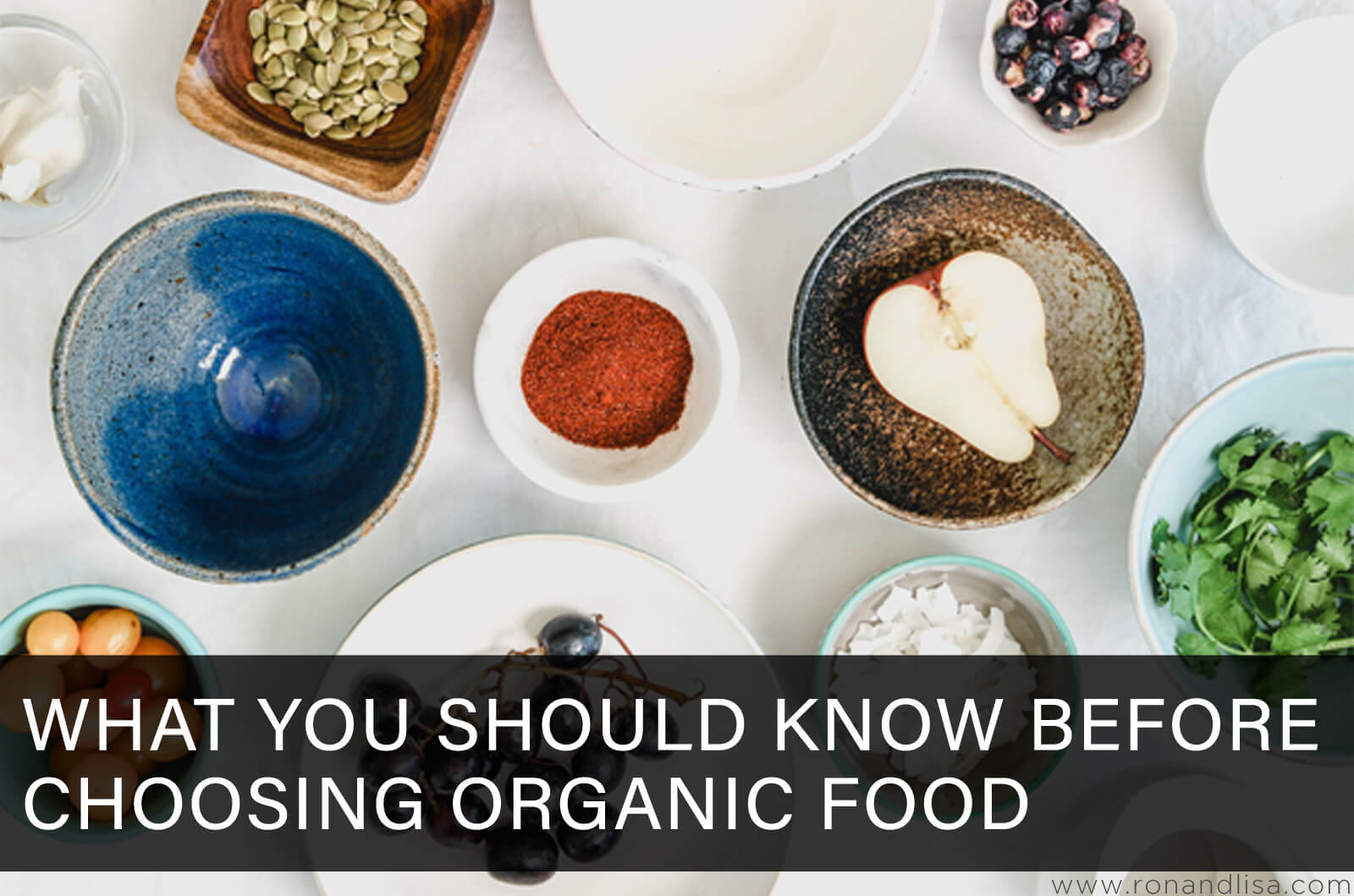
It’s safe to say that the demand for organic food and products is continuing to rise. Shoppers interested in improving their lifestyles are paying closer attention to what’s written on food labels. Research shows that pesticides found in food can contribute to varied negative health conditions. By being aware of the many unhealthy chemicals hiding in the food we consume daily, consumers are now making more conscious choices.
Organic farming efforts improve soil and water quality, provide healthy habitats for livestock, reduce pollution, and promote a self-sustaining cycle of resources on the land. When it comes to certified organic farming, there are some specific rules that must be adhered to. Organic food cannot contain any traces of synthetic fertilizers, pesticides, antibiotics, growth hormones, and similar. For food to be deemed organic, farming needs to achieve specific standards that are met and monitored by third-party certifiers. After the farmland obtains organic approval, it is not difficult for the food to receive organic certification.
There are different types of certified organic labels: 100% organic, organic, made with organic, and organic ingredients. All of these labels must comply with federal regulations imposed by the USDA and each carries a different value. For example:
- “100% organic” is the safest and healthiest option.
- If the product has a label that reads “organic,” that means that the ingredients are 95% organic.
- “Made with organic” indicates the item includes at least 75% organic ingredients.
- Lastly, if the label reads made with “organic ingredients,” that means that the product has less than 70% organic ingredients.
It’s important to comprehend the differences of each label so that you’re aware of what you are buying. Today, only 26 percent of people trust organic labeling, unfortunately, regardless of the laws and rules that validate organic labeling. Hopefully, in the future people will feel more confident about the authenticity of labels.
When making the switch to organic foods, you’ll start to notice a difference in your overall health. Not only is organic food more nutritious than conventional food, but it doesn’t contain harmful chemicals. The toxins found in pesticides can have adverse effects on the human body, whereas antioxidants that exist in a higher concentration in organic products contribute to the prevention of cancer, heart problems, cognitive impairment, etc.
These reasons only are enough to make healthier choices for you and your family. It’s never too late to transition to an organic lifestyle! I encourage you to research some options – places like Whole Foods offer organic products, and you can even find options at Target.




I’m happy to see that more mainstream grocery stores have offered more organic produce in recent years. It makes it more convenient for people, and I’ve also noticed the price has come down some too over the years, even at stores like Whole Foods.
So true, Cara! Our local Pavillions has soo many organic options – it’s wonderful. Yes, the prices are getting better, too, due to increased demand.
Just signed up for an organic veggie and fruit box that will ship out every week for me… really handy in these current times too, esp. since whole foods never has any delivery time slots available right now.
Interesting to see the food market revenue share for organic foods. Even though I don’t always have access to organic foods, I ALWAYS make sure the apples, potatoes and strawberries I get are organic. I won’t eat them otherwise (oh and other berries too).
I never knew that the ingredients could be just 95% organic with an organic label… what is the point of it then if it isn’t even 100%? That’s like slapping a gluten free label on some crackers but in reality they are only 95% gluten free… very misleading!
It is confusing for sure and I think most people feel like you do – they are unaware of exactly what the terms mean, making it super confusing to shop!